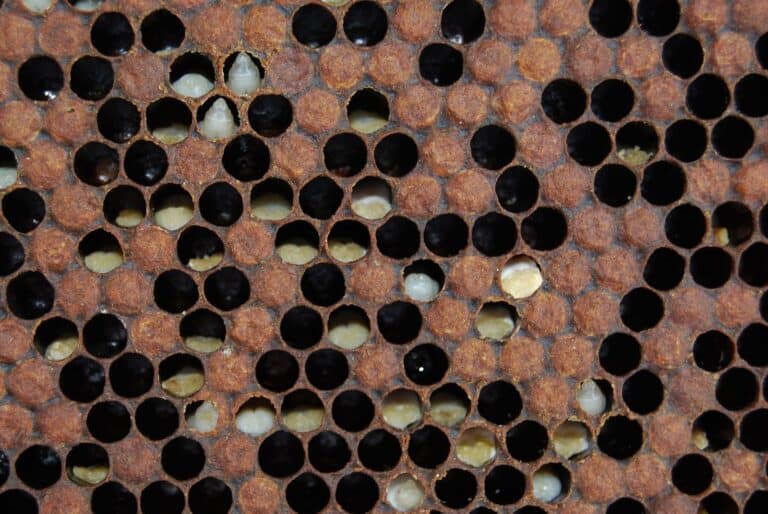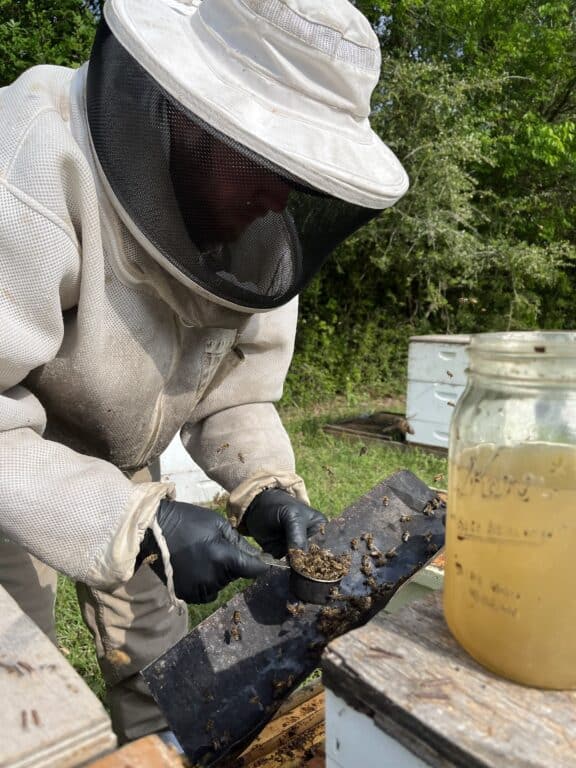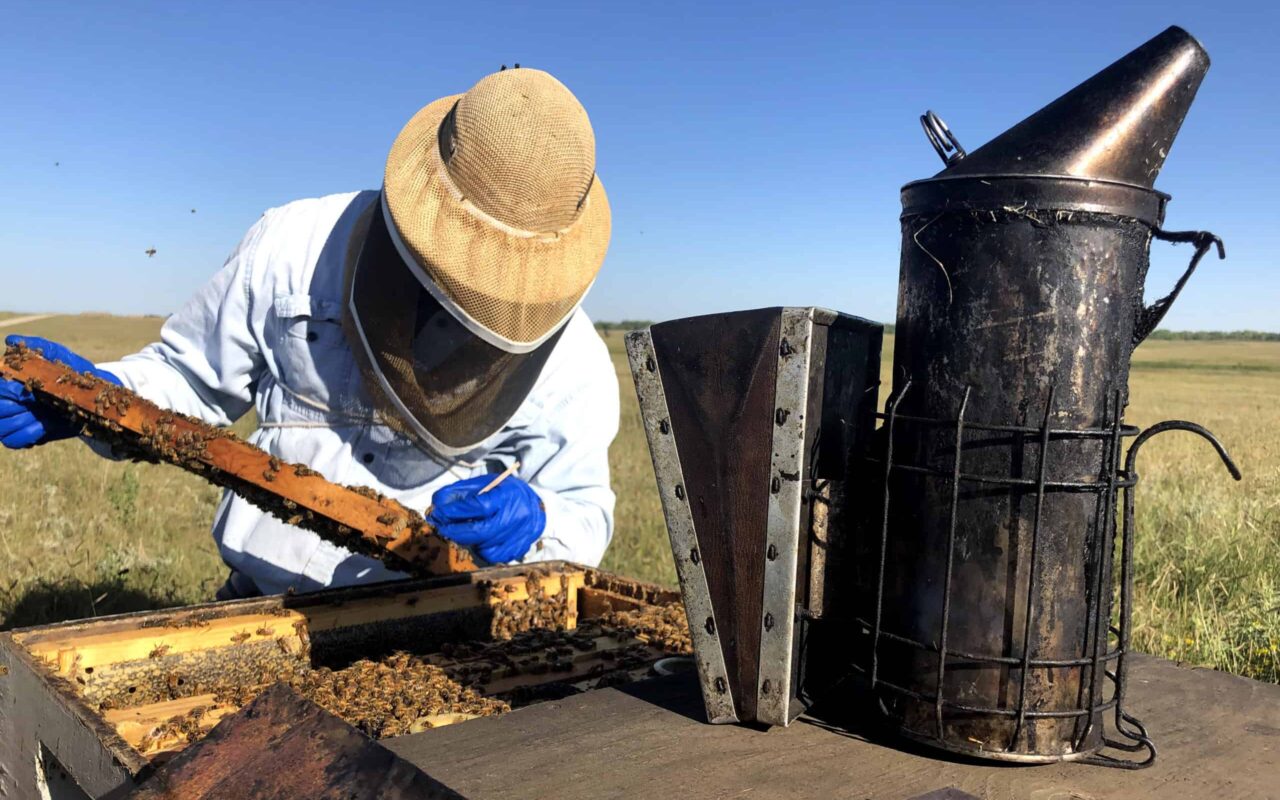An important sign of spring is here: The Loss and Management Survey from the Bee Informed Partnership is live! We need your help to make this year’s survey the best one yet!
As you know, the survey helps us understand the challenges that beekeepers across the country face. This informs extension specialists, scientists, and policy makers about the issues that matter to beekeepers. By participating in the survey, you can help us gather data on colony conditions, management practices, and other important factors that affect the health, productivity, and survival of your bees. Our survey is a long-term effort: We have run the loss section of the survey since 2007. With each additional year of data collection, the dataset becomes more valuable.
The survey allows us to document the level of colony loss experienced by U.S. beekeepers. Comparing the present to the past allows us to see how colony loss improves (or remains high). We also use the survey to understand how management practices and other factors are correlated with colony loss. This epidemiological approach is also used in human health to identify habits that are associated with worse or better health. Just like in human health, this first level of investigation of risk factors paves the way for further investigations in the lab and in the field. Finally, we document trends in beekeeping itself: What management practices do beekeepers employ throughout the country? Why do beekeepers adopt certain practices and not others? The survey offers a quantitative measure of popular practices as well as beekeepers’ perception of issues.
Starting in 2021, each year’s Management Survey now focuses on a specific theme which will recur based on a regular rotation schedule. By focusing on one topic each year, the survey is shorter and more focused! Last year, the survey focused on “Nutrition and Environment” and led to insights on how beekeepers perceive the impacts of unusual and extreme weather events (available in the 2023 proceedings of the American Bee Research Conference). This year, the focus is “Pest and Disease Management” and will provide valuable information about the impact of pests and pathogens, and what beekeepers are doing to manage these stressors.
Ready to Take the Survey?

To take the survey, head over to beeinformed.org. If you want to have a look at the questions beforehand, we have pdf previews that you can download and print. Once you are ready, follow the links to take the survey online!
All beekeepers who keep bees in the U.S. are invited to participate: from backyard hobbyists managing fewer than 50 colonies to large, multistate commercial operations with thousands of colonies. In previous years, about one in 10 U.S. beekeepers – and 14% of the nation’s estimated 2.6 million colonies – were represented in the survey. The more beekeepers spend a few minutes to participate, the more accurate and representative the data from the survey will be.
Thank you for your continued support, and we wish you a happy year of beekeeping!
You can help this effort by responding to the survey and sharing this announcement — go to beeinformed.org to get started!

Authors: Nathalie Steinhauer, Mikayla Wilson, Dan Aurell, Selina Bruckner, and Geoff Williams
